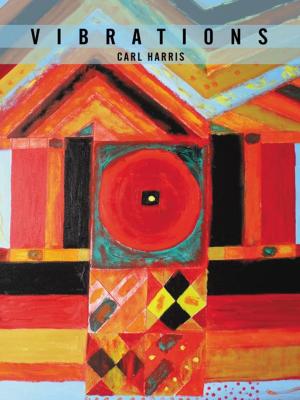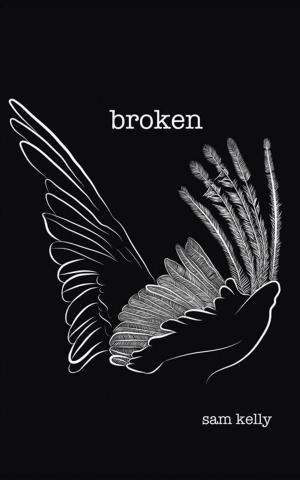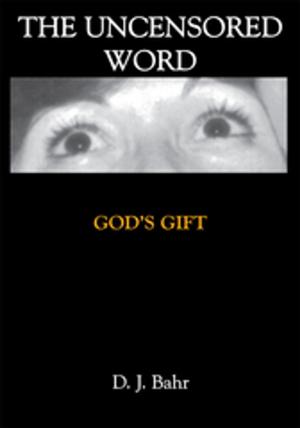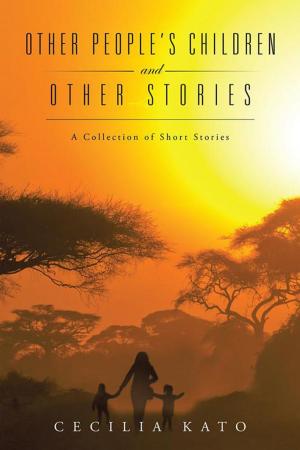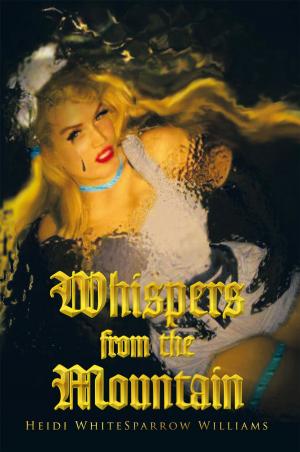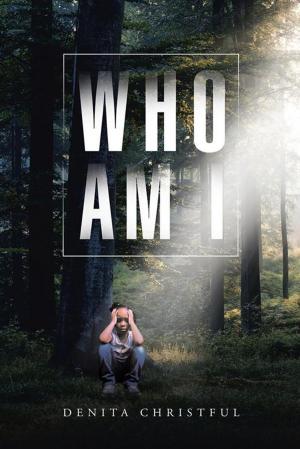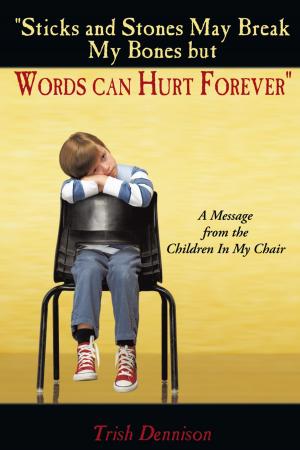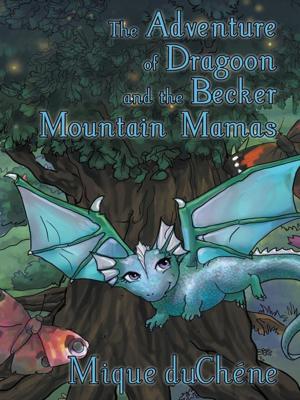Mukti: Free to Be Born Again
Partitions of Indian Subcontinent, Islamism, Hinduism, Leftism, and Liberation of the Faithful
Nonfiction, History, Fiction & Literature| Author: | Sachi G. Dastidar | ISBN: | 9781496944818 |
| Publisher: | AuthorHouse | Publication: | October 16, 2015 |
| Imprint: | AuthorHouse | Language: | English |
| Author: | Sachi G. Dastidar |
| ISBN: | 9781496944818 |
| Publisher: | AuthorHouse |
| Publication: | October 16, 2015 |
| Imprint: | AuthorHouse |
| Language: | English |
Mukti: Free to Be Born Again is a history-based autobiographical nonfiction created on three decades of fieldwork in Muslim-majority Bangladesh and Hindu-majority India. Many strands of real-life drama have been weaved together with 1947 Hindu-Muslim, secular-Islamic, and 1971 Islamic-secular, ruling-minority vs. oppressed-majority partitions of India, Pakistan, and Bangladesh. Because of precarious plight, individual and village names have been fictionalized. The story focuses on transformation of a society by the oppressor, oppressed, Islam, and Hinduism. The story ties Indian and Bengali history, views of Muslims and Hindus, role of Bangladeshi Hindu refugee elites in India, pogroms, devastation of minority communities, role of anti-Hindu Islamism and anti-tradition Communism, life of poor oppressed-caste Hindus left behind in Muslim-majority Bangladesh, and more. Dastidar is the first to break a taboo by writing in 1989 about the poor, oppressed Hindu minority left behind by the Hindu-refugee elites in India.
Mukti: Free to Be Born Again is a history-based autobiographical nonfiction created on three decades of fieldwork in Muslim-majority Bangladesh and Hindu-majority India. Many strands of real-life drama have been weaved together with 1947 Hindu-Muslim, secular-Islamic, and 1971 Islamic-secular, ruling-minority vs. oppressed-majority partitions of India, Pakistan, and Bangladesh. Because of precarious plight, individual and village names have been fictionalized. The story focuses on transformation of a society by the oppressor, oppressed, Islam, and Hinduism. The story ties Indian and Bengali history, views of Muslims and Hindus, role of Bangladeshi Hindu refugee elites in India, pogroms, devastation of minority communities, role of anti-Hindu Islamism and anti-tradition Communism, life of poor oppressed-caste Hindus left behind in Muslim-majority Bangladesh, and more. Dastidar is the first to break a taboo by writing in 1989 about the poor, oppressed Hindu minority left behind by the Hindu-refugee elites in India.

